Reviewed by Sahil Chopra, MD, and Stacey Gunn, MD.
Research by Savit Malhotra and Theresa Do.
“If sleep does not serve an absolutely vital function, then it is the biggest mistake the evolutionary process has ever made.”
-Allan Rechtschaffen PhD
Introduction
We might not know everything about you– we may not know your dog’s name, or your favorite color, or which football team you cheer for. But whether we know you well, or not at all, there’s one thing we’re sure of: everyone needs sleep. And not just poor, low-quality sleep, but sleep that is restorative, high in quality, and truly helps you recover from the day. At Empower Sleep, we are dedicated to helping you achieve that sleep. This week, we want to be fully transparent with our readers and showcase our outcomes so that you may gain a better understanding of what we do and who we help.
Poor Sleep Leads to Poor Health
Sleep is vital to nearly every function in our bodies. From resetting our brains after a stressful day, to repairing and regenerating the cells throughout our body, high-quality sleep is the foundation of good health.
On a larger level, brain health is significantly boosted by sleep. During REM sleep, blood flow to the brain (cerebral blood flow) is at its peak. During Slow-wave sleep, toxins are cleared from the brain via the glymphatic system.[1] This includes beta-amyloid, a protein fragment that, when accumulated, can lead to the development of Alzheimer’s disease.[2] Sleep also assists with memory consolidation, the process by which short-term memories are converted into long-term memories.[3] Synaptic pruning, the process by which the brain gets rid of neural connections that are weak or unnecessary in order to create more efficient neural pathways, also depends on sleep.[4]
Outside of the brain, sleep is also vital to cardiovascular health. During NREM sleep, which includes slow-wave brain activity, blood vessels dilate, causing a roughly 10% decrease in heart rate and blood pressure.[5] Additionally, activity in the parasympathetic nervous system (the “rest and digest” part of the nervous system) increases, while activity in the sympathetic nervous system (the “fight or flight” response) decreases during sleep, which is key to cardiovascular recovery.[6] Furthermore, this shift in activity leads to a reduction of inflammation and oxidative stress in the vasculature (how the heart and blood vessels are arranged).[7]
Metabolic health is another reason why sleep plays a key role in our daily functioning. Glucose homeostasis (the ability of the blood to maintain normal glucose levels) is influenced by a physiologic balance of REM and NREM sleep.[8] One way in which the body accomplishes this is through the balance of leptin and ghrelin. Leptin is a key hormone for signaling to the body the feeling of satiety (being full), which reduces appetite, while ghrelin is important for stimulating hunger.[9] During normal sleep, leptin levels rise while ghrelin levels decrease, which combine to reduce appetite and suppress hunger. However, leptin levels will drop and ghrelin levels will rise when sleep is disrupted. As a result, a person may feel hungrier than before, which can lead to weight gain and metabolic disturbances.[10]
The last effect that we will be focusing on relates to the hormonal balance in the body (though there are many other conditions that poor sleep can cause, we will conclude our discussion here). Poor sleep can disrupt mood and increase stress by altering the brain’s hormone balance. For example, those who are sleep deprived often experience increased anxiety, emotional reactivity, and mood disorders.[11] Sleep, especially REM sleep, helps manage this stress and maintains good psychological health.[12] Besides strong psychological health, normal sleep also allows for testosterone secretion to peak, especially during the morning hours.[13] Normal sleep also allows for the largest bursts of human growth hormone (HGH), especially right after falling asleep. This release of HGH is closely linked to the first episode of deep slow-wave sleep, and can account for up to 70% of daily HGH output.[14] This surge is essential for growth, tissue repair, and metabolic health, and is diminished if sleep is delayed or disrupted.
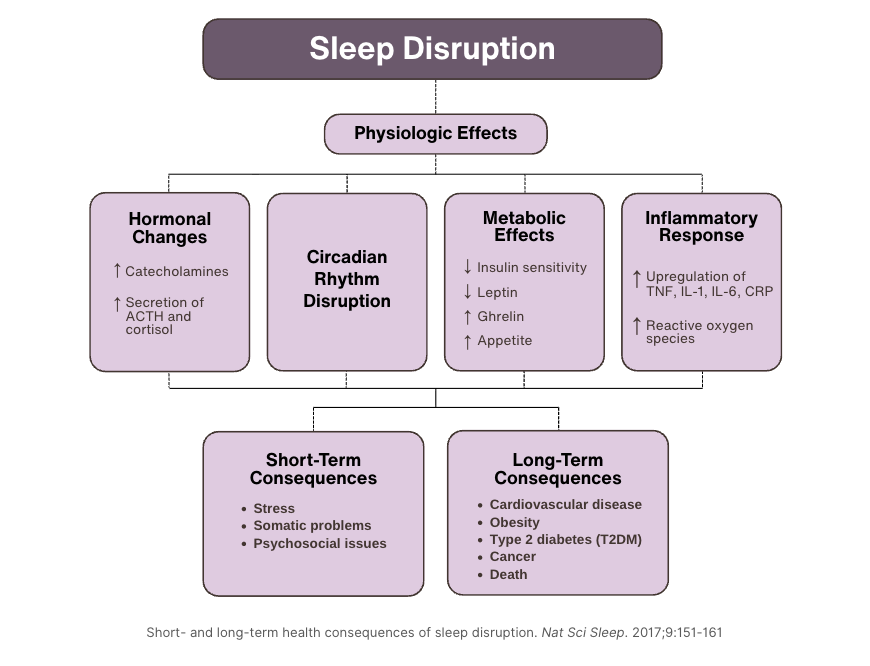
Traditional Sleep Testing vs. Empower Sleep
Traditionally, when a patient has sleep-related concerns, their journey towards diagnosis and treatment often begins with their primary care doctor. If the primary care physician determines that the condition requires specialized attention, they will provide the patient with a referral to a sleep doctor or specialist. Alternatively, some patients may attempt to find a sleep doctor on their own, through online searches or recommendations. From there, sleep doctors would often recommend patients complete a single-night sleep lab study, typically done at an overnight facility. These overnight studies will measure a number of physiological parameters during the patients’ sleep, including brain activity, heart rate, eye movements, muscle activity, and respiration.[15] The traditional process of seeking care for sleep-related concerns, while effective for some, can present several challenges for others. For one, needing to visit multiple doctors, navigating insurance approvals, and scheduling appointments can be time-consuming and frustrating. Long wait times can impede with clinical outcome and treatment adherence.[16]
At Empower Sleep, we are revolutionizing the diagnosis, treatment, and ongoing management of sleep disorders through our data-driven virtual clinic setting. Our board-certified sleep physicians use longitudinal sleep testing, AI-powered data analysis, and comprehensive treatments to deliver personalized care —all from the comfort of the patient’s home. Within days of initial outreach, patients will be sent an at-home sleep study test kit directly to their home address. Instead of a one-night sleep test, Empower Sleep uses the SleepImage ring, which records multiple channels of data to accurately detect sleep apnea and estimate sleep quality, with nightly sleep testing. Patients can work with clinicians using sleep data to make accurate diagnoses, create a treatment plan, and continue testing to verify an effective response to treatment.
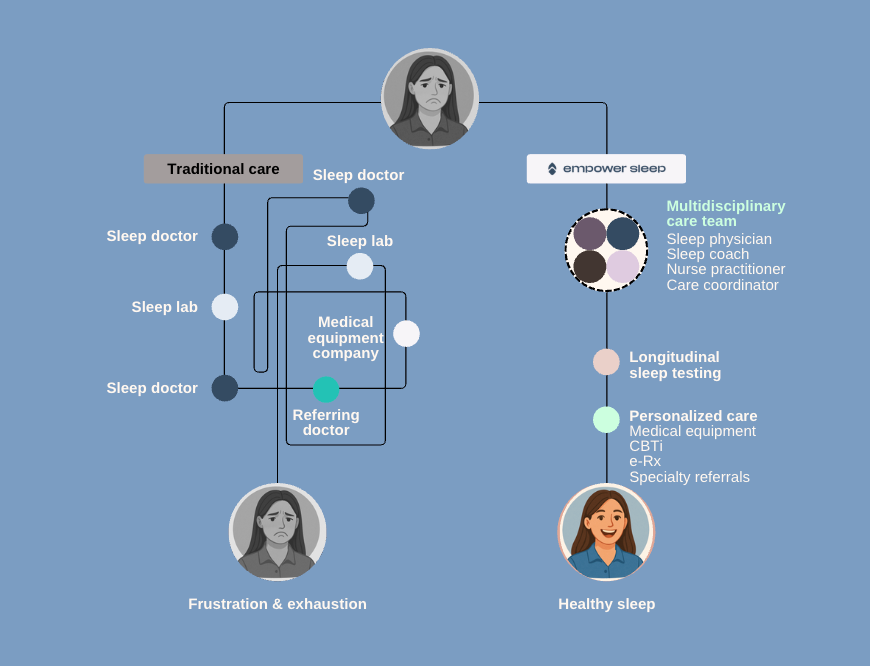
What the Stats Show
Sleep is universal; everyone needs it. At Empower Sleep, we welcome patients of all genders, ages, locations, backgrounds, and ethnicities, and we provide accommodations as needed to help support you. In our 50-patient pilot program of patients with severe OSA, the gender distribution was 32% female and 68% male, with the average age of this group landing at 57 years, with most patients being above the age of 50.

If you have ever been a part of the traditional sleep care system, you know how frustrating it is to have to wait weeks or even months before you are able to see a doctor. And truthfully, this goes for any type of medical appointment. One of our goals at Empower Sleep is to provide fast and consistent times between testing and seeing a professional. Improving access to professional sleep care leads to better health, increased energy, and a higher quality of life. Because of this, 92% of Empower Sleep patients are able to be seen by a sleep coach in just 3 days, while 83% are able to have an initial consultation within 10 days. Aside from seeing a clinician quickly, we also want to make sure that you can start testing quickly. Whereas a traditional sleep test can take 6 weeks or longer to schedule and complete from the time of referral, 86% of our patients are able to receive a home sleep study within just 3 days of signing up for the program.[uk1] Delays in sleep care can often lead to a worsening of sleep conditions and broader health complications, which is why we prioritize beginning care right away.
Our sleep specialists are able to spend significantly more time with each patient compared to traditional models, where the average visit in traditional models is only 22 minutes. We allocate 60 minutes for all new patients and 30 minutes for all follow-ups appointments. Additionally, all patients have access to sleep coaching, which can help with quick answers, accountability, and ongoing support. More time for patients means more time to thoroughly review the patient’s sleep history, uncover underlying causes, and develop a personalized sleep plan, giving patients a strong start to their sleep journey. Our sleep specialists and care coordinators are available if patients have questions, concerns, or follow ups.Through various communication channels, our team has engaged in 1.4 million minutes (372 minutes per patient) of patient interaction over the past 3 months, 5,700 visits and phone calls completed, and 63,000 messages exchanged via our in-app chat. It’s no surprise that with longer appointments, shorter wait times, and high-touch, patient-centered approach, 93% of patients report satisfaction with their care compared to 40% with traditional care. Our Net Promoter Score® (NPS) of +82 indicates that the vast majority would recommend Empower Sleep to others.
Our virtual clinic demonstrates significant improvements in clinical outcomes, particularly symptom severity and control. Before starting care with Empower Sleep, 92% of patients in the pilot had untreated moderate to severe sleep apnea (AHI3%). All patients who used CPAP through Empower Sleep had an improvement in their sleep apnea. Within 3 months, 83% of Empower Sleep patients gained control over their sleep and felt confident managing it— compared to just 42% CPAP compliance in traditional sleep care systems. These positive clinical outcomes demonstrate the effectiveness of virtual sleep clinics like Empower Sleep in improving patient health and sleep management.
Want to Sleep Better — Starting This Week?
At Empower Sleep, we believe that quality sleep shouldn’t be a luxury, but rather a foundation for long-term health. That is why Empower Sleep has re-imagined sleep medicine with extensive, data-driven virtual care. The numbers speak for themselves: better outcomes, healthier sleep, and healthier lives. But behind every statistic is a real person whose life has been bettered by quality sleep.
Join the thousands of patients who have taken control of their nights and their health. If you are curious to learn more, we encourage you to sign up for a complimentary sleep coaching consultation. No strings attached, just quality insights. Start your sleep journey today!




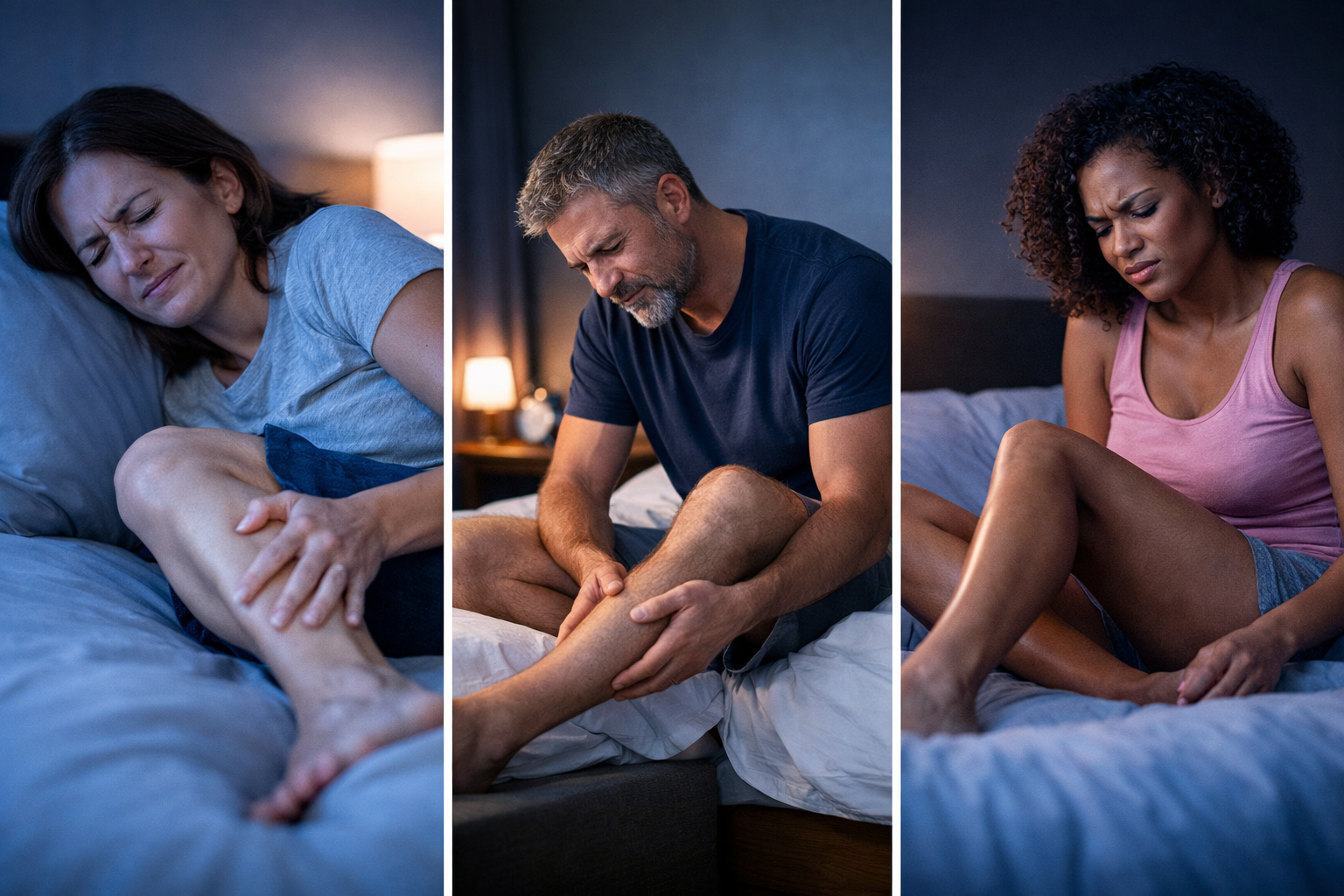






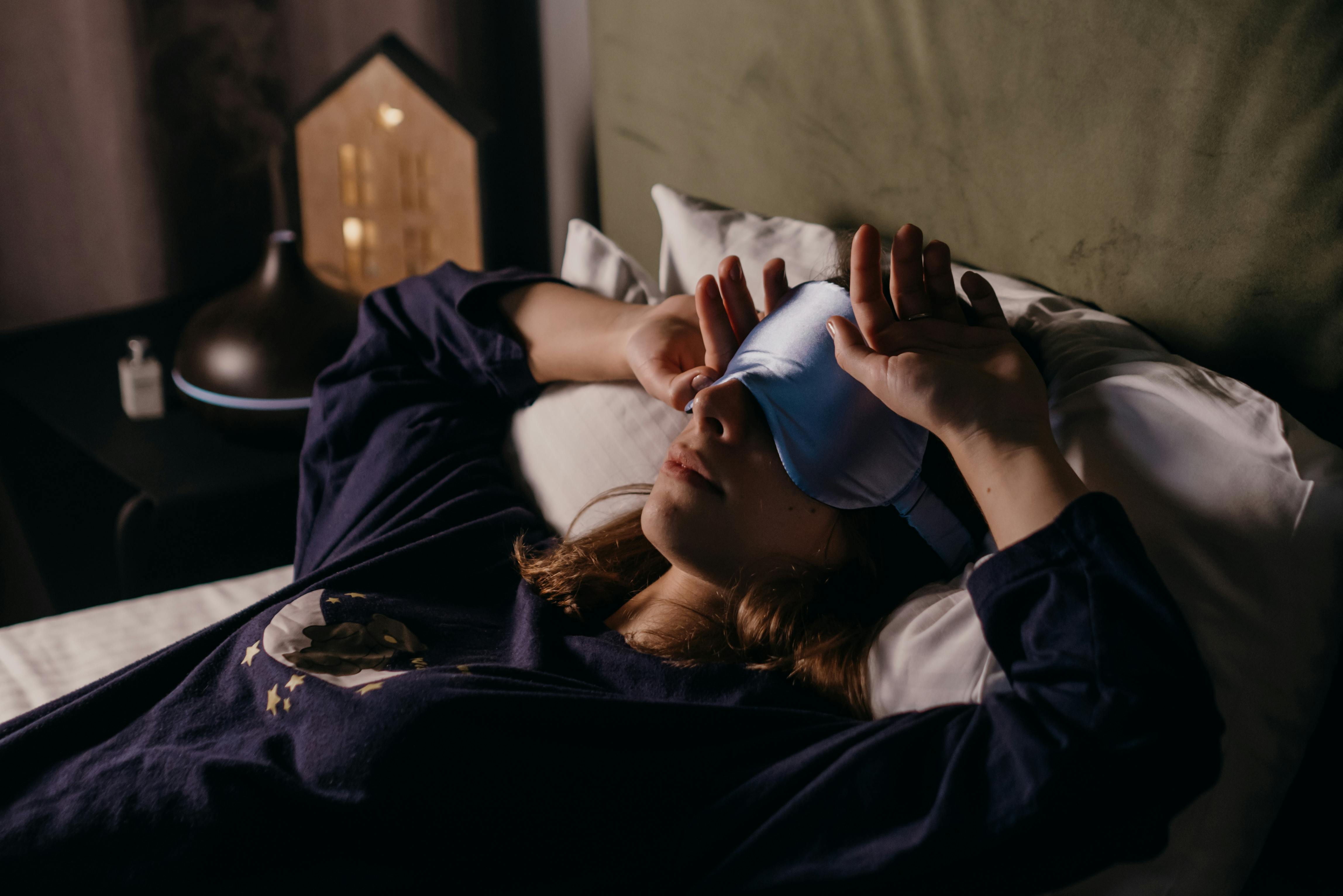




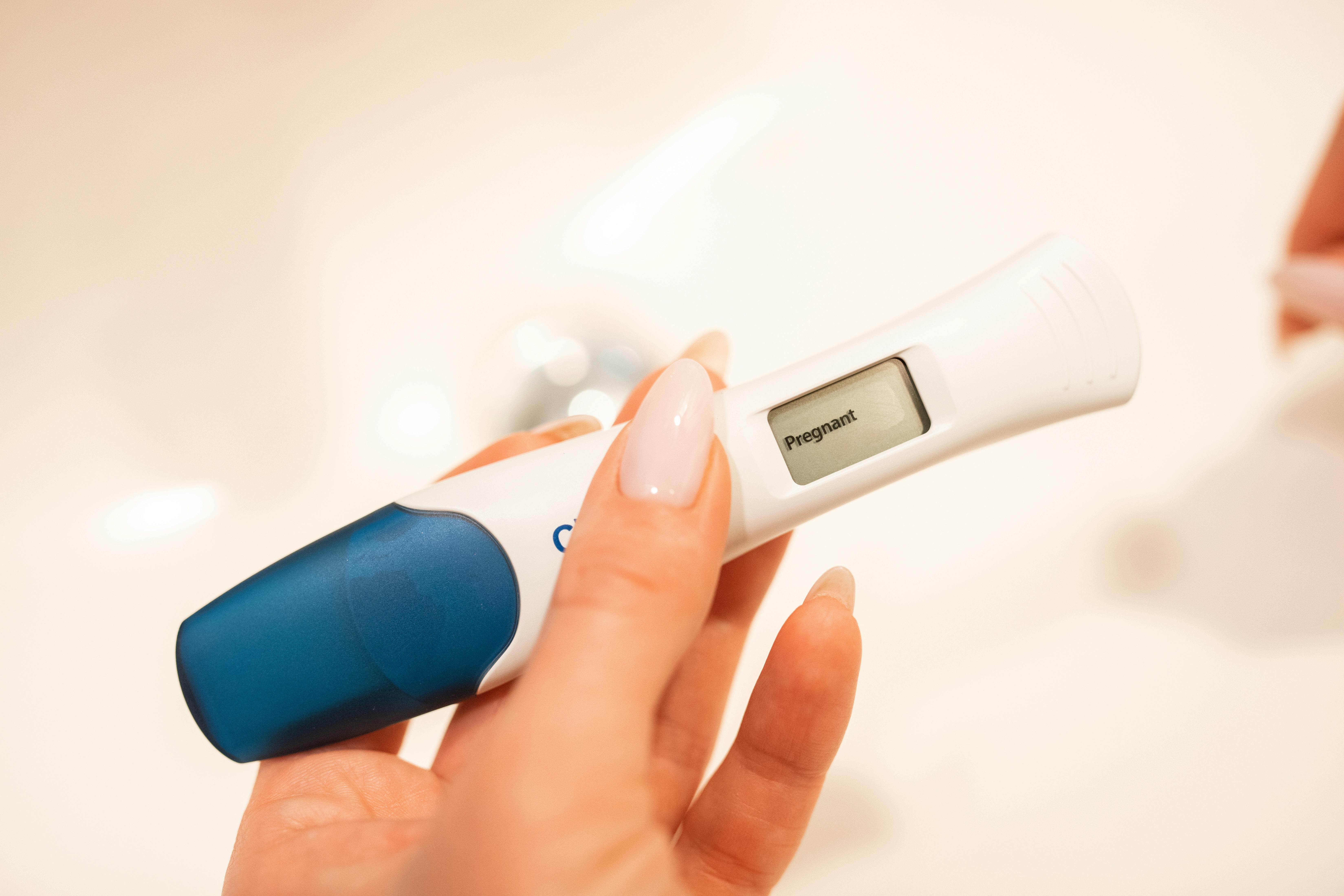
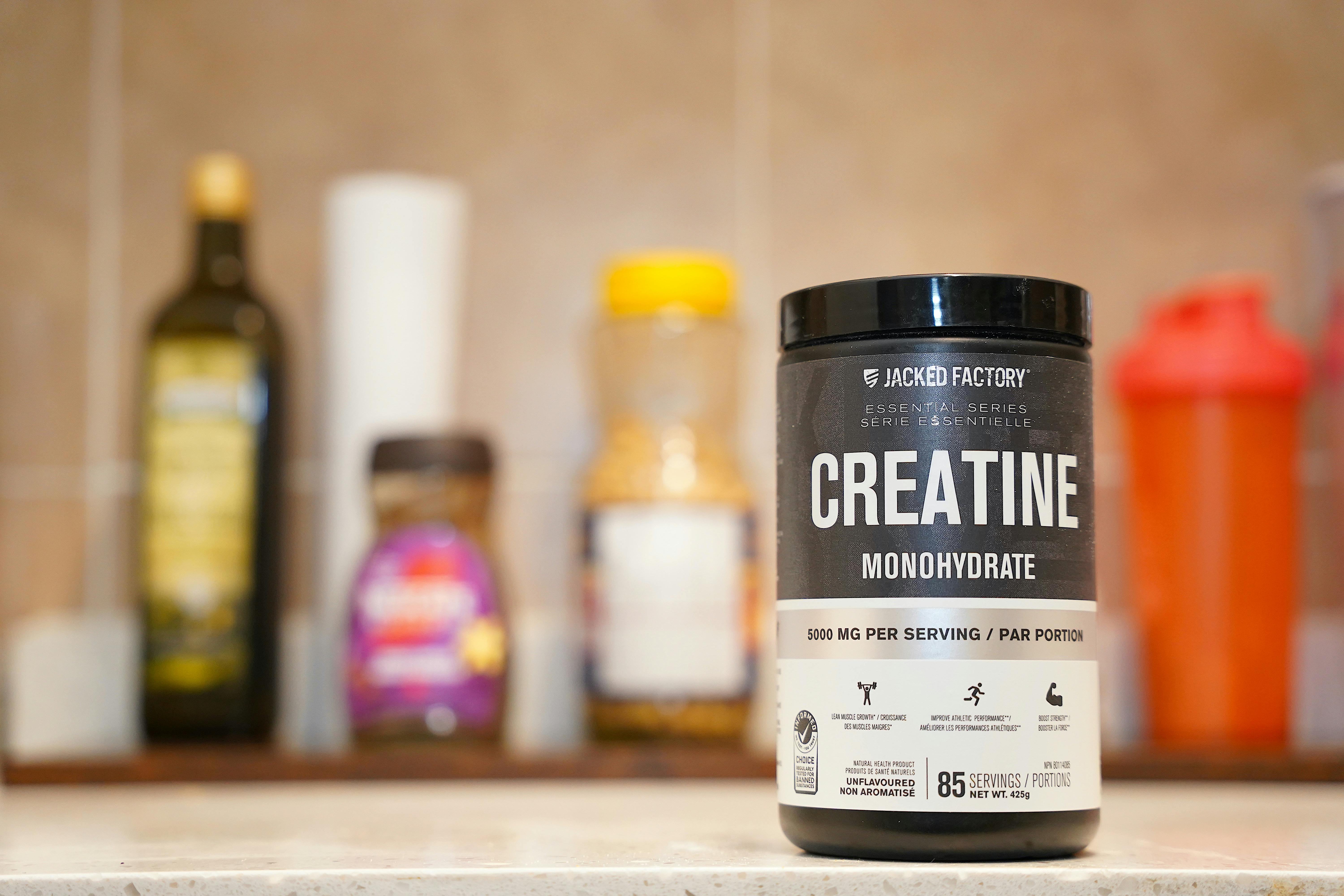



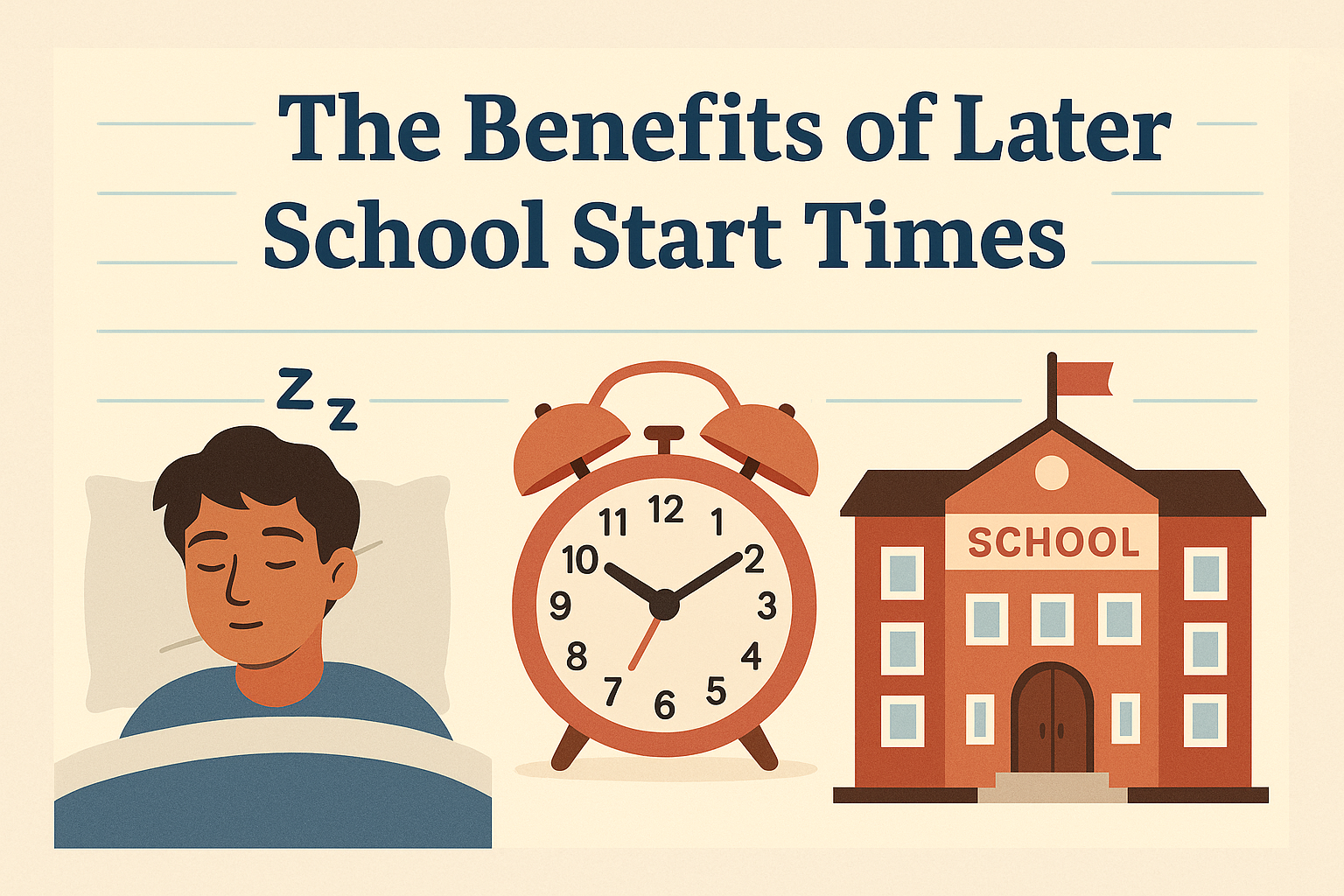

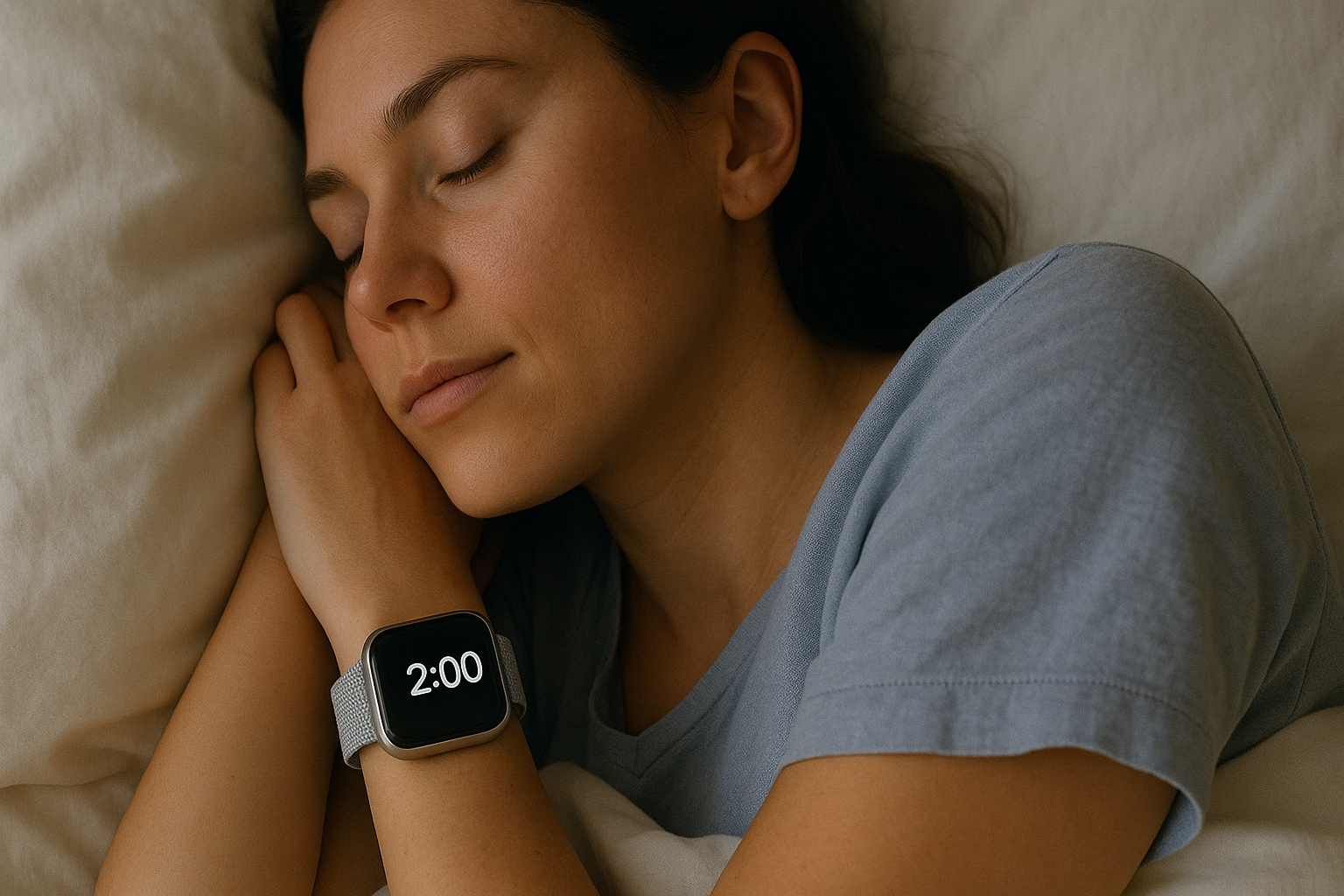


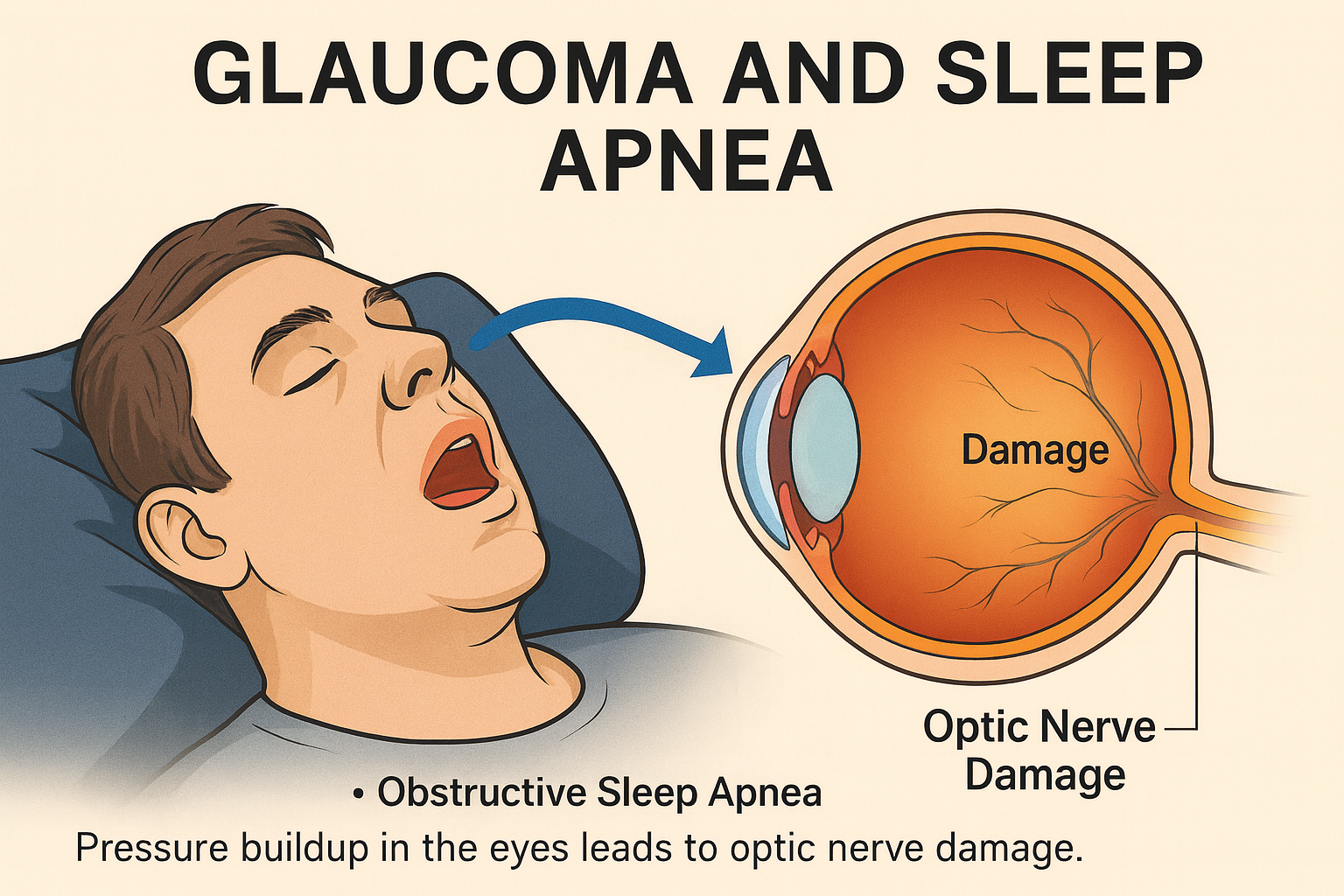

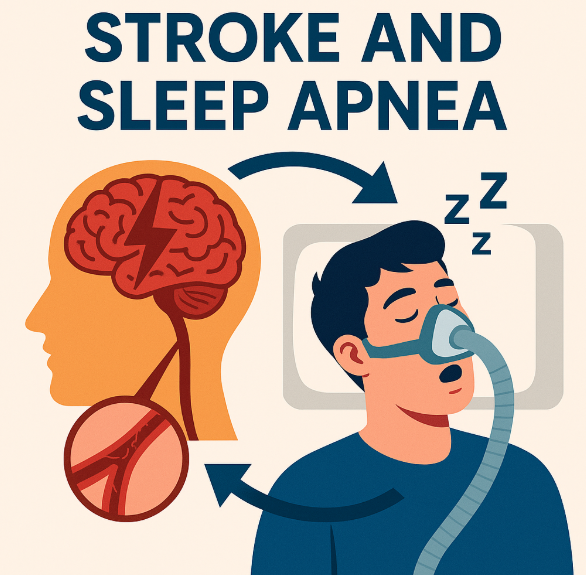
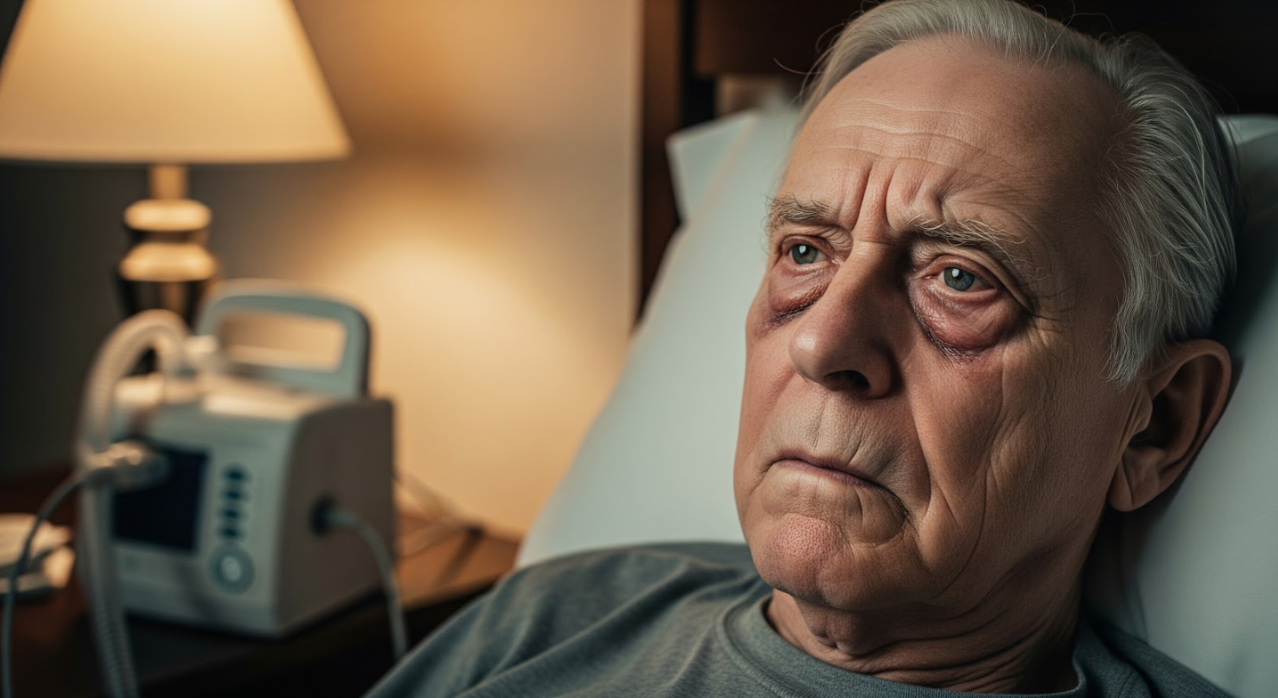
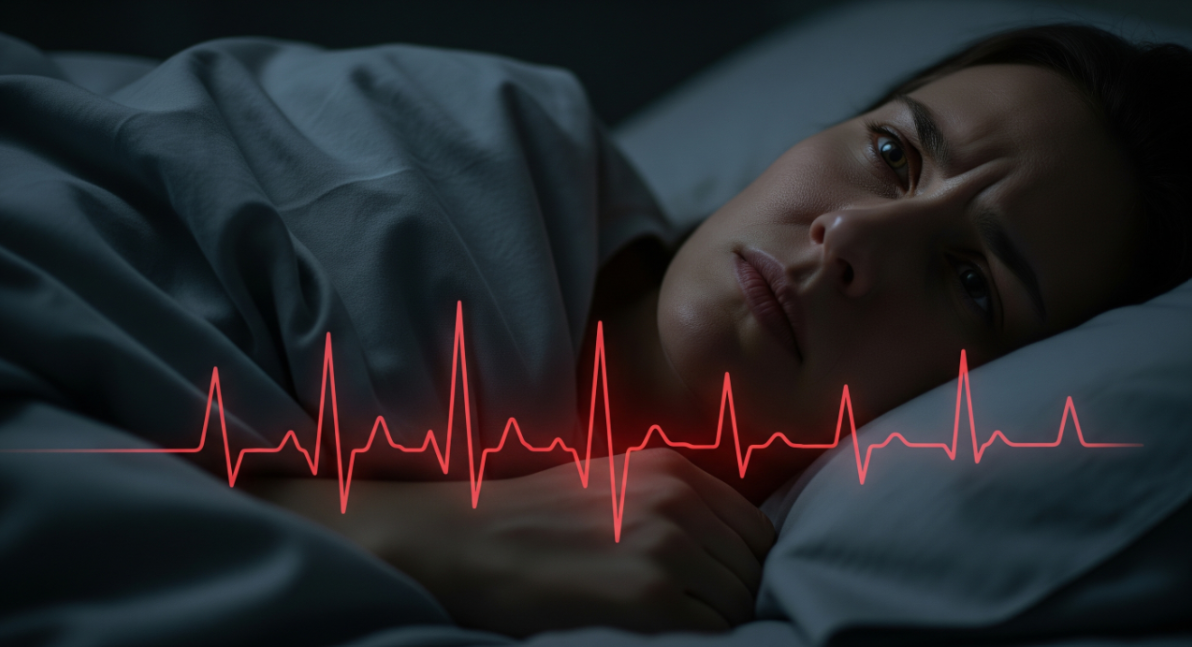






























































%20thumbnail.jpg)
.png)